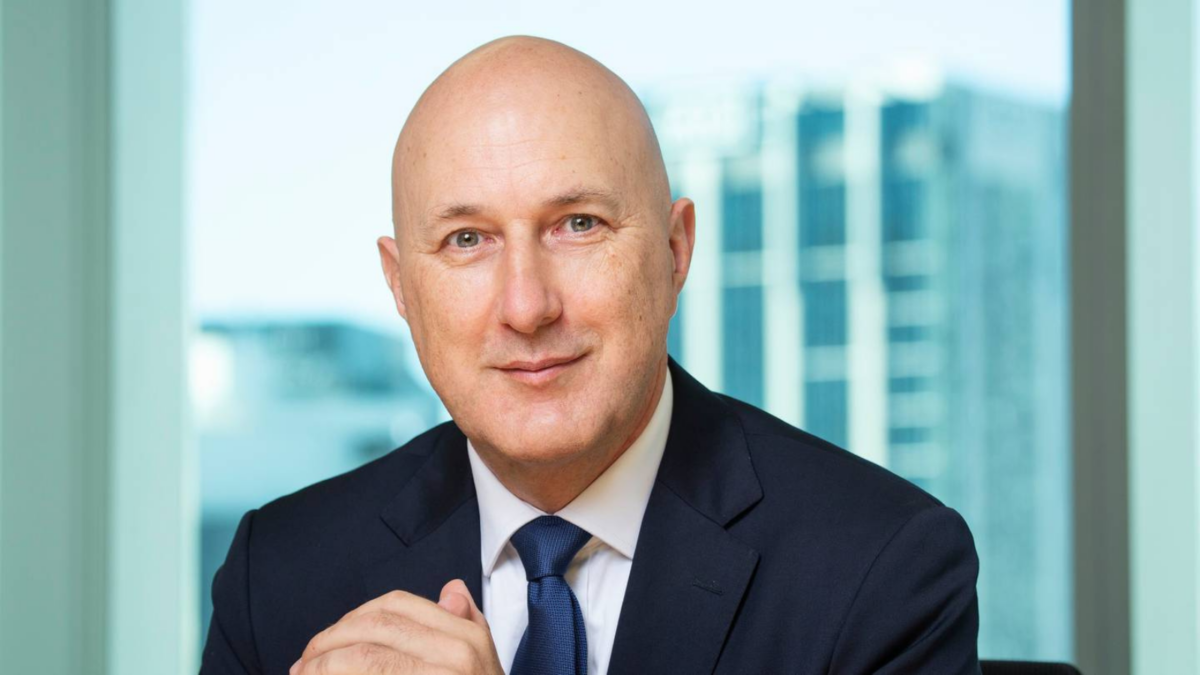External mandates trend up for NZ Super
While the $61 billion sovereign wealth fund had previously reported several of its 2022 manager hires, the recently updated NZS mandate list reveals a handful of fresh names including AHL Trend (part of the Man hedge fund group) and the Netherlands-based APG.
In a rare direct co-investment agreement with an offshore institutional investor, NZS will buy infrastructure assets in partnership with APG, one of the world’s largest pension funds that reported about $522 billion (NZ$915 billion) under management as at February this year. APG already has strong links with NZ after taking a majority stake in the Otago-headquartered sustainable Wenita Forest Products in 2021.
Most of the 2022 vintage NZS mandates also have a sustainable ring about them including allocations to the Wellington Climate Innovation Fund, the Al Gore-founded Generation Sustainable Solutions Fund, the Copenhagen Infrastructure Partners wind farm project and forestry giant, Timberland.
But the 2022 manager update also shows NZS has invested into the PIMCO Carbon Credits fund, which launched last December, as well as bespoke real estate and infrastructure strategies run by Slate (adding a North American mandate to its 2021 European property allocation) and Stonepeak, respectively.
A NZS spokesperson said the fund had been observing the carbon-trading markets for some time before making a “small” investment in the PIMCO fund.
“The California cap-and-trade program offers certain attractive features,” the spokesperson said. “Late last year, we made a small investment into a California Carbon Access Fund managed by PIMCO, with a view towards continuing to develop our understanding of this emerging asset class.”
APG, Stonepeak and Copenhagen all sit under the NZS “high conviction” infrastructure strategy established in 2021 while Generation and Wellington fall into the “sustainable transition opportunity” global equities bucket.
Canadian manager, Slate, and another 2022 arrival – the data centre fund run by Asia-Pacific firm, ESR – both provide the NZS access to direct property tapping into “the new-age economy and seeks allocations to the living, logistics and digital sub-sectors”.
And the Man AHL Trend fund marks the first NZS foray into trend-following, an investment style that typically uses quantitative-based signals to capture enduring moves in financial markets.
“We approved a new investment opportunity, ‘Trend’, last year. Trend exploits the observed persistence of price changes across a broad range of markets over time,” the spokesperson said. “The driver of excess returns are investor behavioural biases which lead to autocorrelated returns in markets. To access this new opportunity, we placed an investment in Evolution and Pure Momentum Plus funds managed by Man AHL in December 2022. We anticipate adding to our Trend exposures in 2023.”
The AHL fund “aims to generate returns in the medium term through computerised processes primarily to identify trends and other opportunities in multiple asset classes in markets around the world”, according to Morningstar.
Over the last couple of years the NZS has bulked up on specialist managers, particularly those in line with its sustainable investment goals. As at the end of 2022, the fund reported almost 75 external mandates shared among 50 underlying managers in addition to more than 15 in-house investment strategies.
Last year the fund also reframed its core $25 billion passive global equities holdings around a new Paris climate agreement-aligned MSCI index in a move that drastically reduced both the theoretical and real NZS stock universe.
At the time, NZS chief investment officer, Stephen Gilmore (pictured), said: “A smaller, more concentrated portfolio will be cheaper to run, and more manageable for us when looking to identify and engage on responsible investment issues.”











